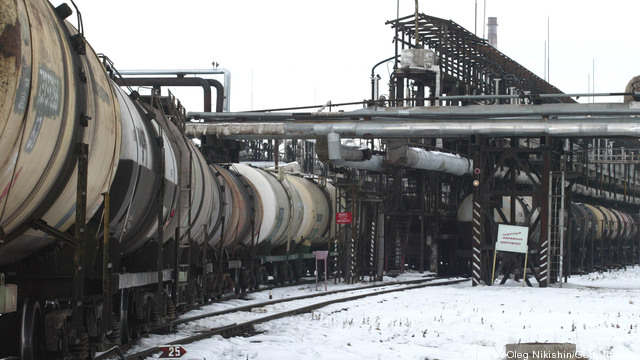
Changing oil market dynamics appear set to reduce the wide price differential between Brent crude oil and WTI that developed within the past few years, the Energy Information Administration said in its latest Short-Term Energy and Summer Fuels Outlook. These global benchmark crude oil grades are also expected to generally decrease in price from the averages seen last year, while US natural gas prices move well above the historic lows recorded last April.
“EIA expects that the Brent crude oil spot price, which averaged $112 per barrel in 2012 and rose to $119 per barrel in early February 2013, will average $108 per barrel in 2013 and $101 per barrel in 2014. The projected discount of West Texas Intermediate (WTI) crude oil to Brent, which increased to a monthly average of more than $20 per barrel in February 2013, is forecast to average $14 per barrel in 2013 and $9 per barrel in 2014, as planned new pipeline capacity lowers the cost of moving midâ€Âcontinent crude oil to the Gulf Coast refining centers,” the EIA said in the report. Keep reading →










